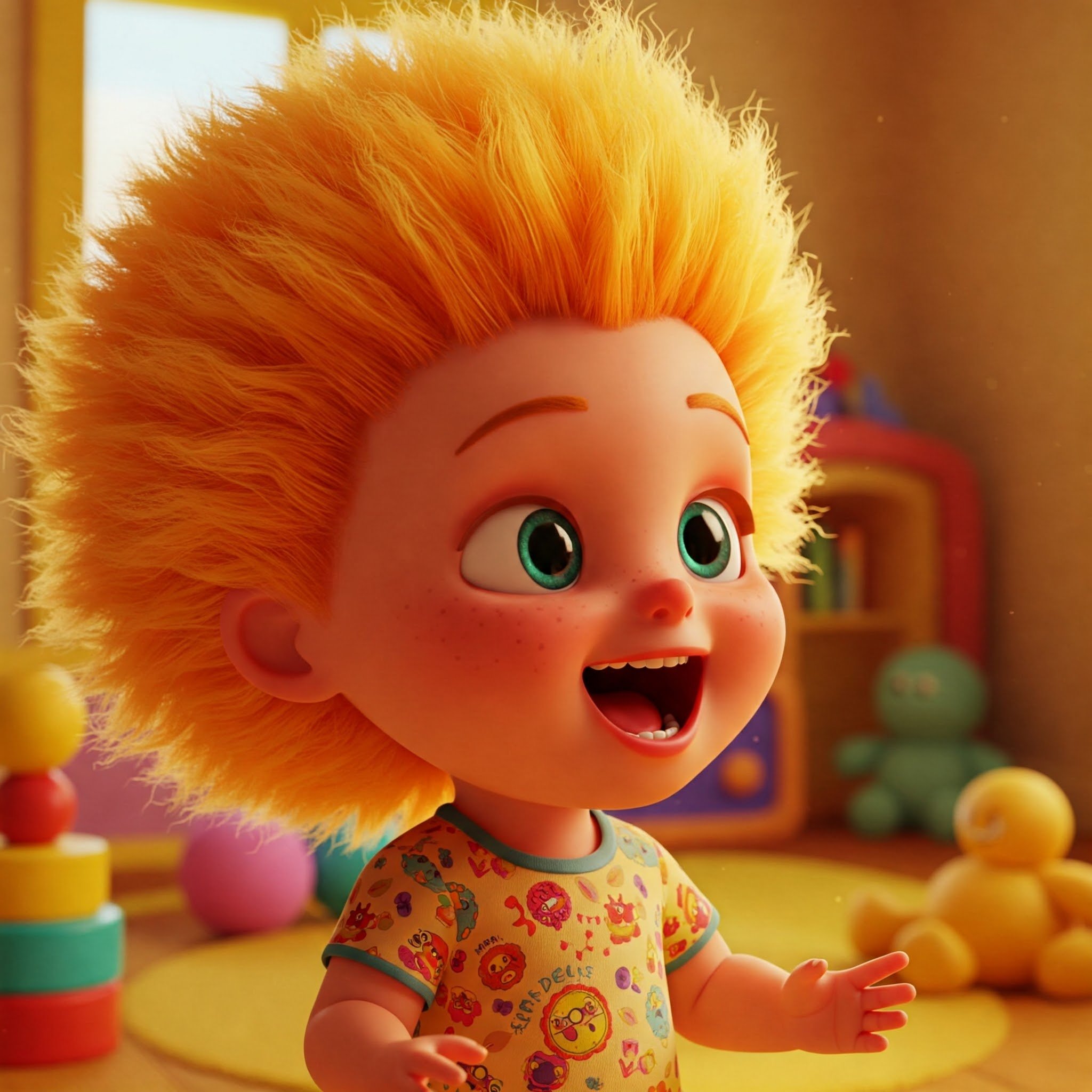Human language lets us learn new words for things we haven't actually seen. We do this naturally, like in conversations, using clues from the overall situation to figure out what a new word means.
But how early can babies do this? And what makes it possible to create a mental picture of something we can't see directly?
A new study from developmental scientists at Northwestern University and Harvard University offers the first proof that babies as young as 15 months old can identify an object they've learned about just by hearing language – even if the object isn't right there.
Senior author Sandra waxman, who is the louis w. menk professor of psychology, director of the infant and child development center, and a fellow at Northwestern's institute for policy research, explained. The study's co-author is Elena Luchkina, who was a postdoctoral fellow at Northwestern and is now a research scientist at harvard.
"A lot of people think that to learn a word, a baby needs to connect it to something they can see, like saying, 'look at the kumquat!'" waxman said. "But in everyday life, we – and babies – often hear words for things that aren't in front of us. We wanted to know if babies can also use the context of a conversation to start understanding what a word means."
"The study shows that even young toddlers who are just starting to talk learn from the language they hear, even if the things being talked about aren't present," waxman noted. "Babies take in what they hear, and even if they don't see the object, they form a mental idea, or 'gist,' of the new word's meaning. This idea is strong enough for them to use it later when they do see the object."
This study gives us new insights into how we develop the ability to learn about things we can't see. It also starts to explain how early the human mind can create mental images of things we've never directly experienced.
This new research also highlights how powerful language is in babies' daily lives. When listening to conversations and during book-reading, babies often hear words they don't yet understand and can't immediately connect to an object. The results of this study show that by 15 months old, babies automatically use the language around a new word to build a basic understanding of its meaning, which helps them learn more later.

Picture: At what age and how fast do toddlers pick up new words? (Gemini)



